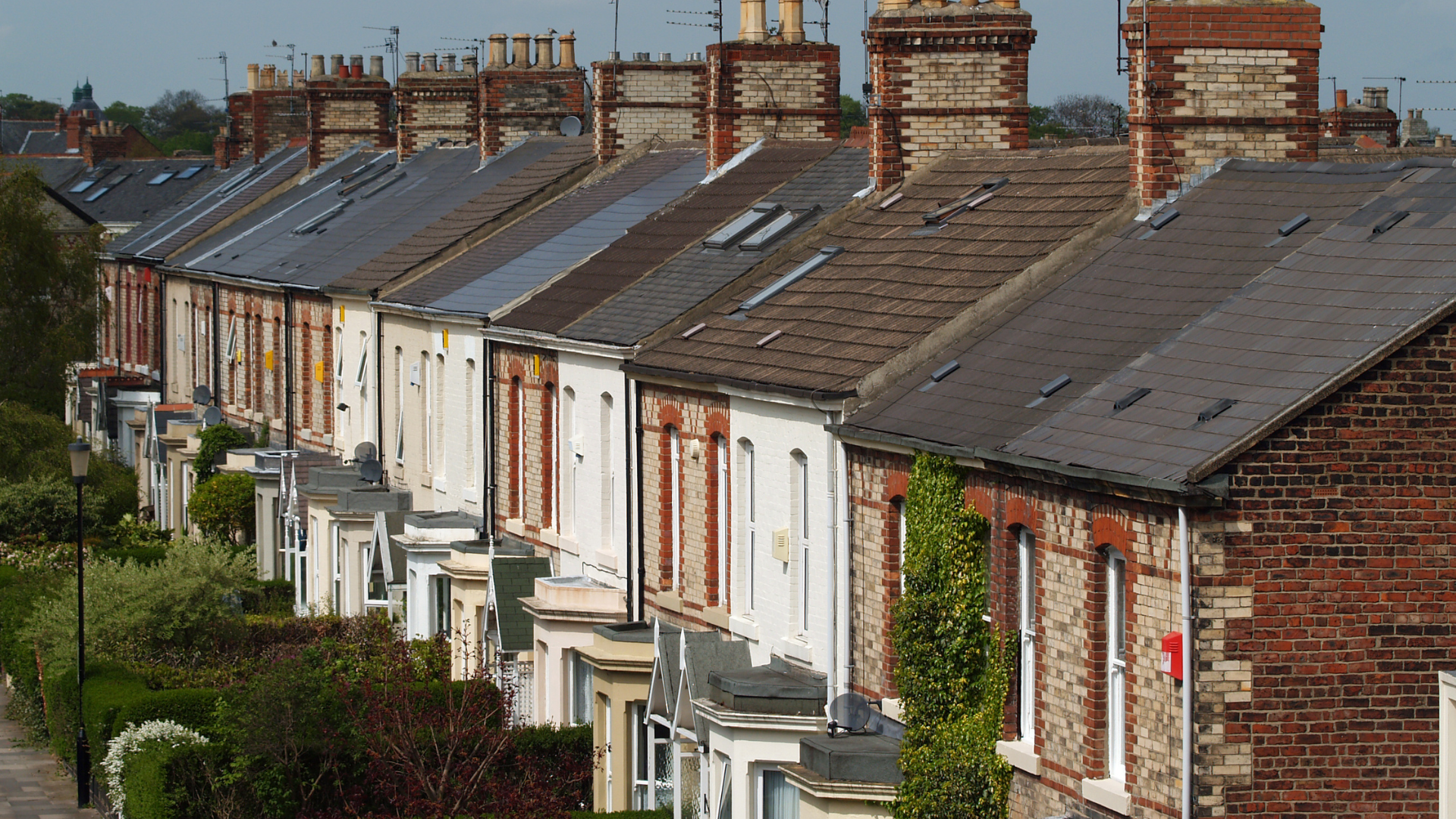Housing Ombudsman targets areas landlords can ‘renew and improve’ relationships with leaseholders
19 June 2025
Housing Ombudsman targets areas landlords can ‘renew and improve’ relationships with leaseholders

The Housing Ombudsman has published its latest ‘learning from severe maladministration’ report. This report focuses on how landlords have handled complaints involving leaseholders.
The report looks at 2 main areas we are seeing severe maladministration involving leaseholders, leaks and hazards. While Awaab’s Law does not apply to leasehold, there are important lessons landlords should still apply.
Failings led to one leaseholder losing 7 buyers for her home. Another was left dealing with a leak for 14 months while the landlord decided if it was responsible. Other issues include suffering damp and mould for 2 years or one resident having to replace her own boiler to resolve a hazard.
The impacts of service failures meant one leaseholder missed time with a dying relative and another was unable to decorate the nursery for their new baby.
This report includes the following landlords:
- A2Dominion Group
- Arun Council
- Haringey Council
- Lambeth Council
- L&Q
- Origin Housing
- Peabody
- Southern Housing
- Southwark Council
Learning from severe maladministration report – June 2025
Learning from severe maladministration report (PDF)
Richard Blakeway, Housing Ombudsman, said: “When things go wrong, an individual leaseholder can be left feeling isolated and exposed. It can appear the system is unresponsive or indifferent to the impact on them.
“This report shares the stories of 12 leaseholders who experienced that.
“Their cases are not about service charges but repairs and maintenance which fall within the responsibility of the landlord. Unlike freehold, leasehold home ownership means responsibilities can differ between the parties and our casework shows it is a continuous cause of friction.
“While the impact is unique to each individual household, the causes are not isolated. They can form part of a repeated pattern where events which could have been prevented had landlords adopted lessons from complaints. This includes service failings familiar across tenures: delays, miscommunication, poor records. But also specific to leaseholders, especially confusion over lease obligations, including handling section 20 consultations.
“For all the positive experiences many home owners will have, these issues cannot be ignored.
“With a welcome and major boost to housebuilding planned, home ownership in different forms will continue to be part of social landlords offer. The lessons from these cases provide insights for landlords who are actively looking to renew and improve their relationships with leaseholders.”
